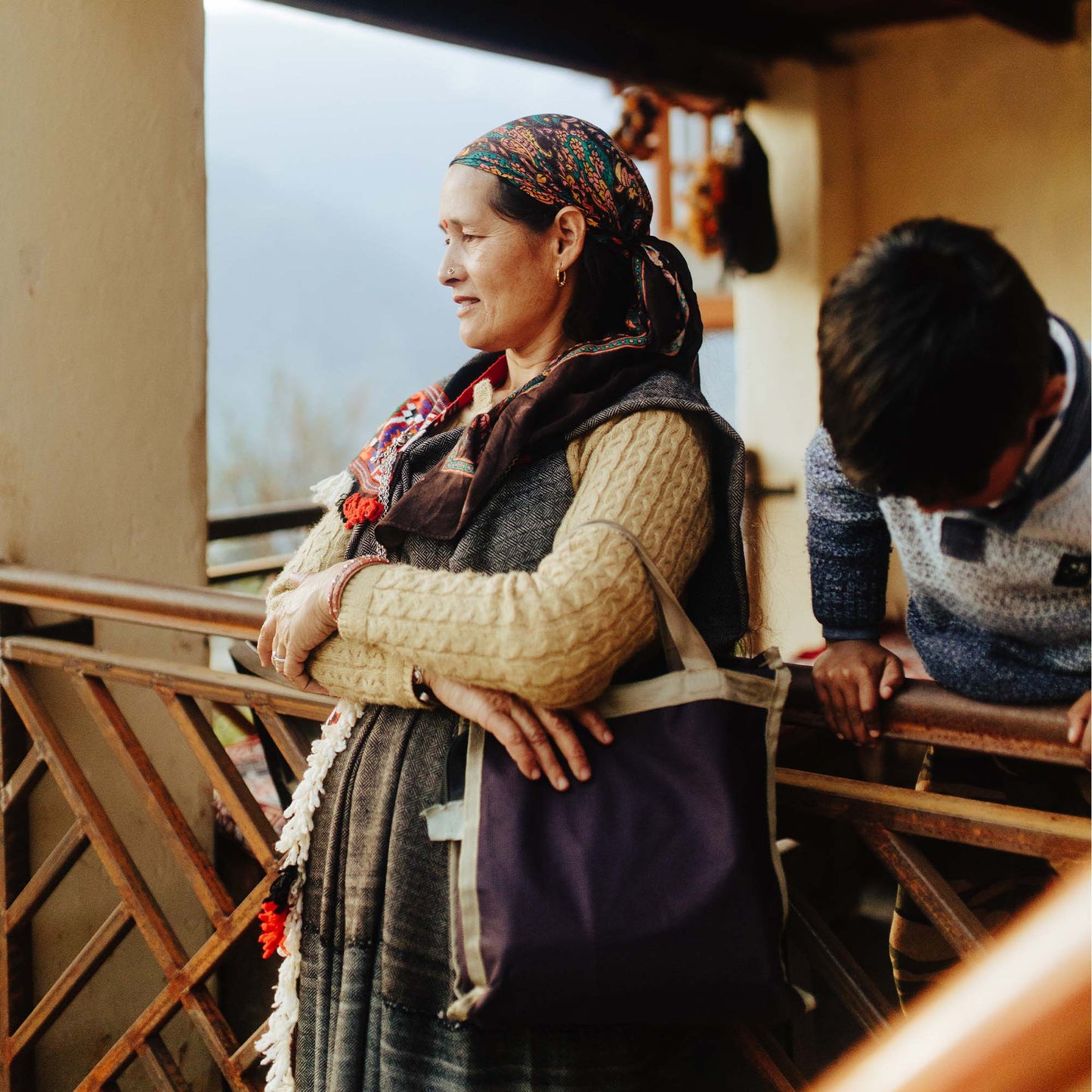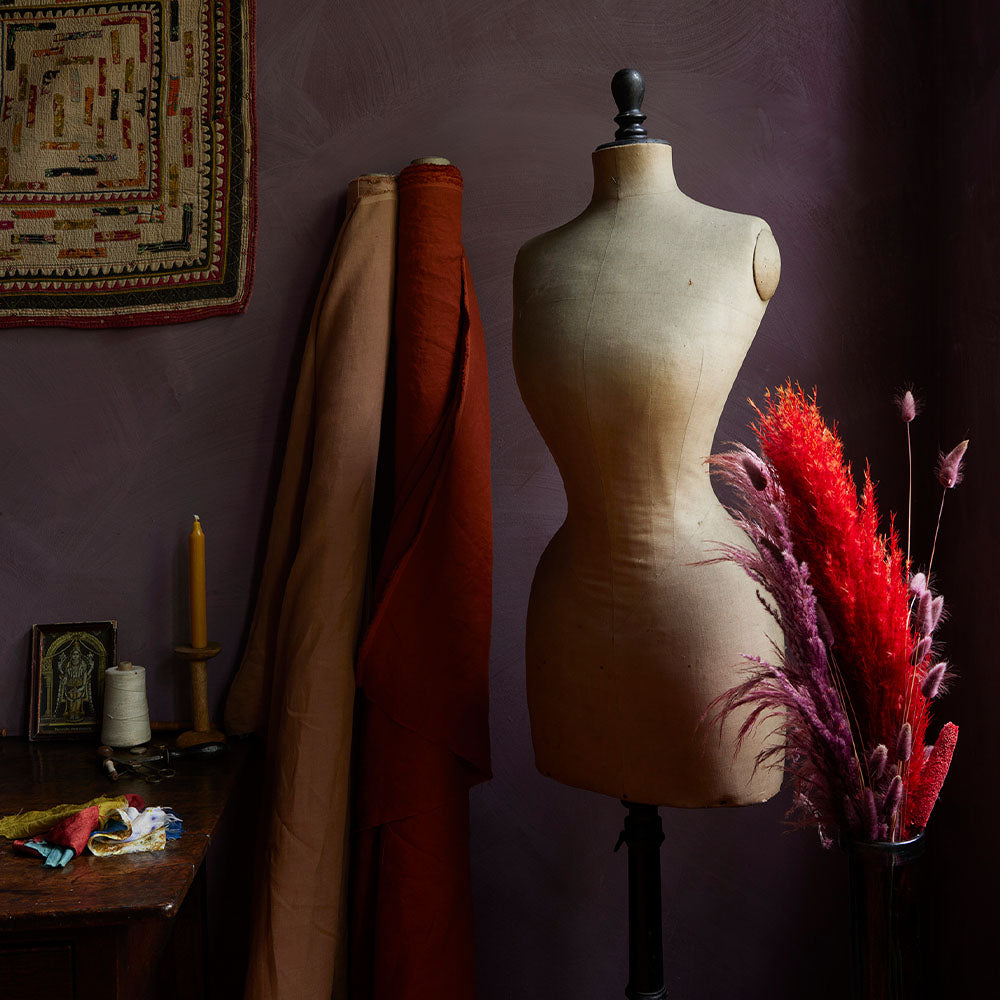Indigenous Craft and Creative Transformation with Maya Poon
We’re excited to share an inspiring dialogue with Maya Poon, our muse and a visionary in creative visual storytelling. Her work beautifully bridges the gap between ancient traditions and contemporary art, celebrating and preserving the essence of indigenous crafts. Maya’s journey through the world of art is a testament to how deeply personal experiences can weave together with cultural heritage to create something truly transformative.
Crafting Stories
How does your work as a creative visual storyteller allow you to honor and preserve indigenous crafts and cultures?
Stories are the way we preserve memories. It is essential and so important to tell the stories of indigenous cultures and their ancestral craft in today’s world, using mediums that everyone can understand and have access to. By telling their stories, we help them promote and prolong the life of their art, which carries not only beauty but important ancient wisdom.
Cultural Immersion
Can you share a memorable experience from your travels where you connected deeply with a craft or artisan community?
I often feel most at home when I find myself in isolated indigenous artisan communities. The artisans and their families are so warm, friendly and gentle. A memorable experience would be during my time in Kachchh, when I found myself in a isolated Pathan village without water nor electricity, they lived in earth huts in the desert. I was wearing a beaded bracelet from the Huichols of Mexico which are also an isolated desert tribe. The bracelet had special symbols of the sun and cosmo. Upon arriving, the ladies of the village all gathered and told us, without choice, that the bracelet was from their region because of the technique and symbols. It was then I realized that when we weave channeling the cosmos and the stars, we will all weave the same, as we all live under the same sky and are all connected within our deepest selves.
Personal Journey
How has your own creative journey evolved through your interactions with indigenous cultures, and how does this reflect in your current projects?
The more I travel to document indigenous artisan communities, the more passionate I become, the more I fall in love with them. My creative journey has evolved as I find more clarity in my intention. I can understand the artisans better, I can feel their songs through their craft and how craft is much more than an object.
Ibiza’s Influence
How has the unique atmosphere of Ibiza influenced your creativity and artistic expression as a visual storyteller?
Ibiza is a fierce teacher. The frequency of the island is strong and she demands you to be discipline. It has been very difficult to find discipline to work and create amidst the hot days, long lunches and the call of the sea. But this only pushes away what you don’t truly want. What you love will always stay.
Ibiza’s Hidden Gem
What is your favorite hidden gem in Ibiza, a place that inspires your creativity and fuels your artistic expression?
I swim at Punta Galera every day. I love the red rocks that surround the deep blue waters. It changes every day — through the wind, the fishes, the light. I love feeling nature change as she reminds me all is temporary and we have the power to transform ourselves over and over again.








